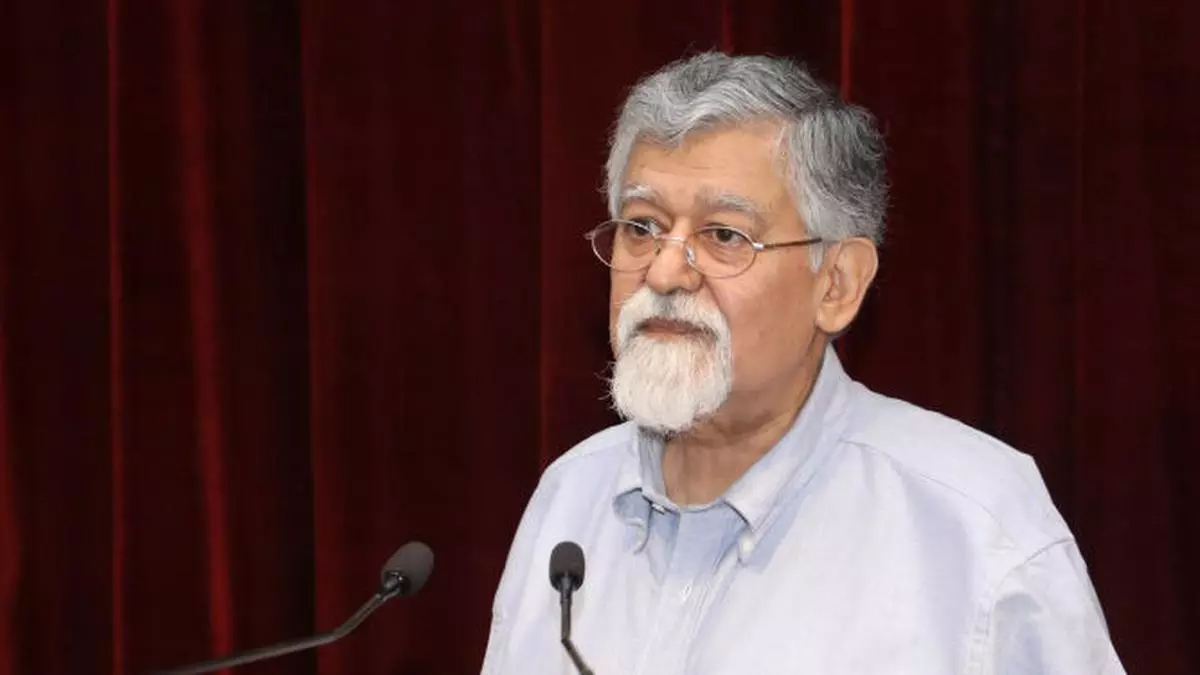NEW DELHI, Mar 2: Arvind Virmani, a member of NITI Aayog, has highlighted that although employment in India is on the rise, real wages for regular positions have not kept up with inflation over the last seven years.
He emphasized that India has a unique opportunity given its global population dynamics, and there is a pressing need to leverage this potential. Improving the standards of teaching and training is crucial for achieving this goal.
In an interview with PTI-Bhasha, Virmani pointed out, “The data from the Periodic Labour Force Survey (PLFS) indicates a consistent increase in the worker-population ratio over the past seven years, demonstrating that job creation is outpacing population growth. While there may be fluctuations, the overarching trend is one of increasing employment. Thus, it’s inaccurate to claim that job availability is stagnant.”
The PLFS Annual Report 2023-24 (July-June) reveals that the overall worker-population ratio has risen to 43.7% in 2023-24 from 34.7% in 2017-18.
“Looking at the wage data from the PLFS, it shows that casual workers have experienced a rise in real wages and an improvement in their conditions over the years. The statistics support this,” he stated.
“However, a significant concern lies with regular salaried jobs. For this group, real wages have not increased in alignment with inflation over the past seven years,” noted the economist.
“From my perspective, the primary factor behind stagnant wages is the inadequate skill level among the workforce. We are not hiring for skilled positions. I have analyzed data from various countries and can affirm that it is imperative to address this skill gap, which remains weak. The central government is taking necessary measures, but states must also devote attention to this area, particularly at the district level where job opportunities will arise,” he added.
Enhancing skills is vital as it leads to an increase in productivity and, consequently, real wages. This principle applies both in India and globally. Skill development is essential not just for current workers but also for newcomers entering the job market, according to the NITI Aayog member.
“Our analyses suggest that skill development is necessary at every educational level. Many students drop out of school prematurely and require targeted skill training. It is important to acknowledge that not everyone needs to possess skills solely in fields like artificial intelligence or electronics engineering; we must also consider those who leave school early,” Virmani stated.
The crux of the issue lies in the lack of quality education and skill development. Improvement is necessary across all educational stages—elementary, secondary, and higher. Diverse skills are needed for various job types,” he added.
“To achieve a developed India, improvements are needed across the board. We should recognize and seize the opportunities presented by global demographic trends. Enhancing the quality of education, along with teaching and training methods, is vital for reaching higher income levels. Additionally, attention must be directed towards supply chain processes,” the member remarked.
“Jobs and skills are two sides of the same coin; possessing skills greatly facilitates job acquisition. This fundamental concept must be acknowledged.” (PTI)


Leave a Reply